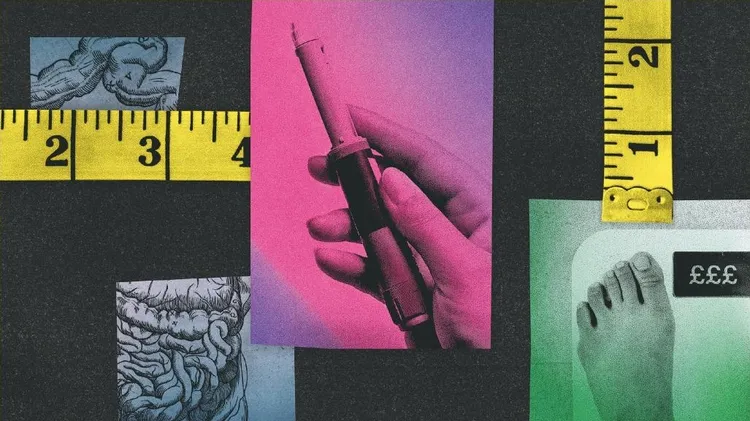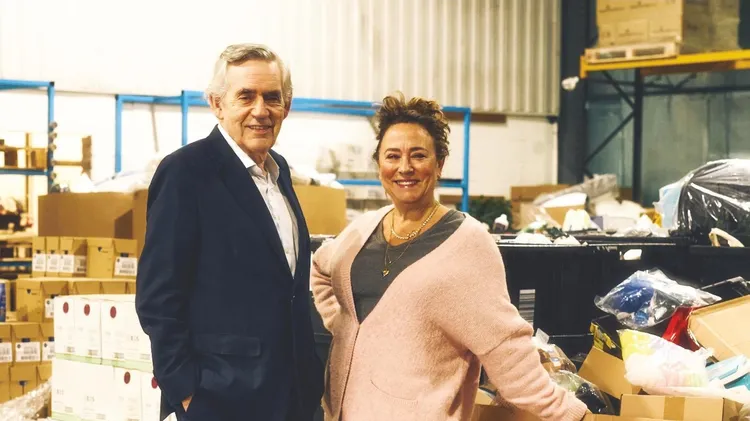Kate Pi
To tackle child poverty properly, we must as bold as when we created the welfare state
4 min read
This article is from...
Read this article and 8000+ more magazines and newspapers on Readly






